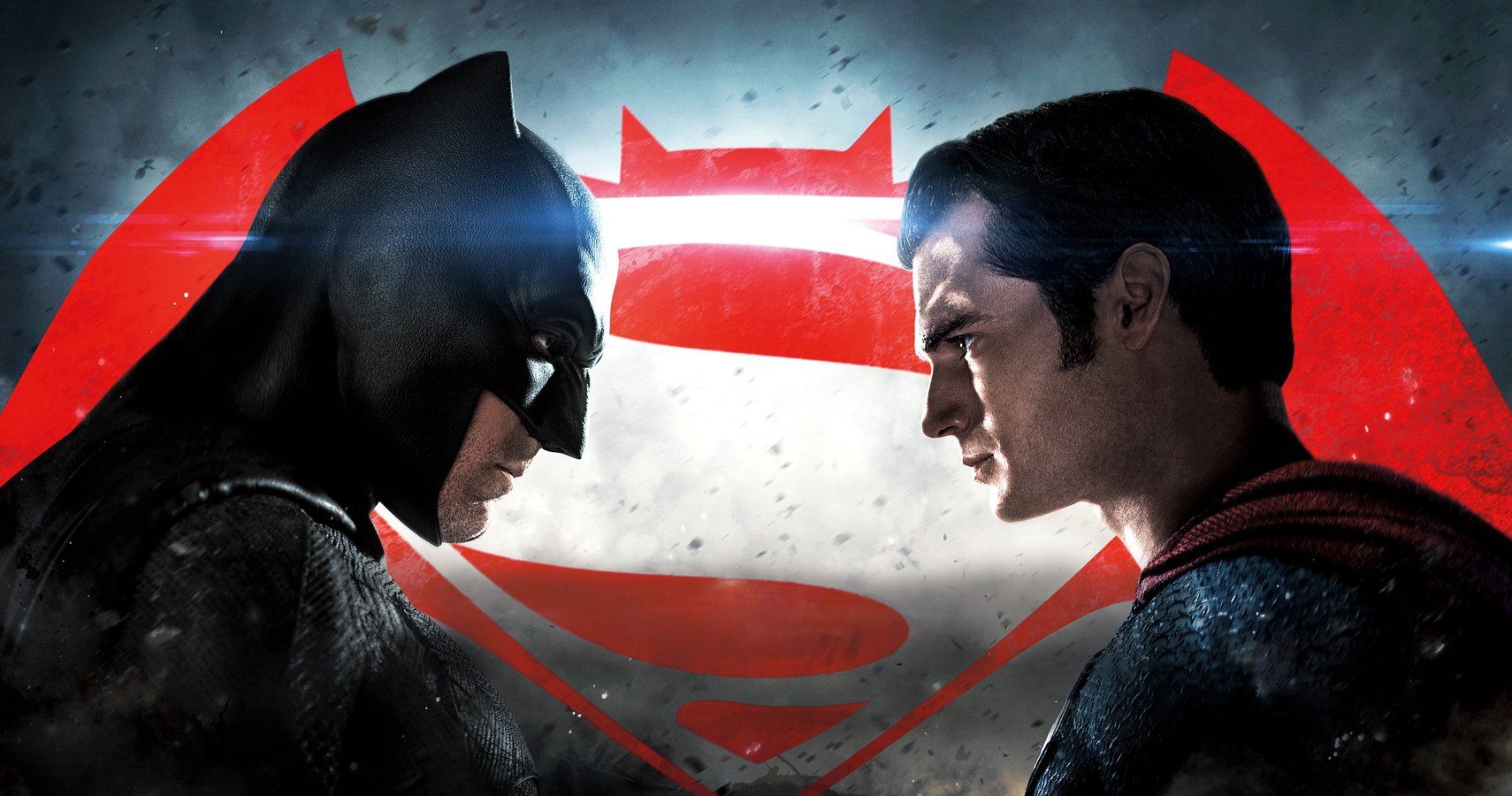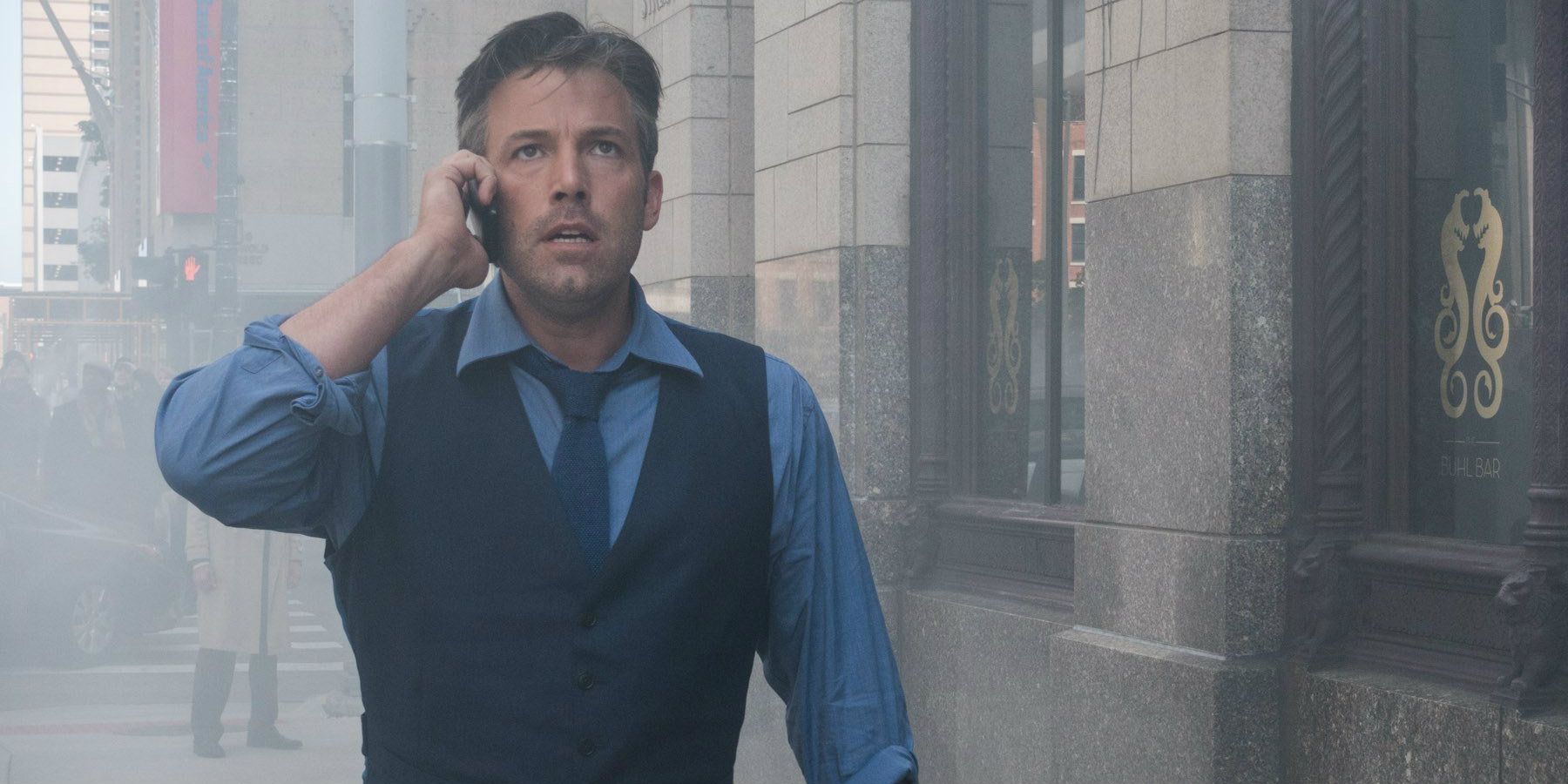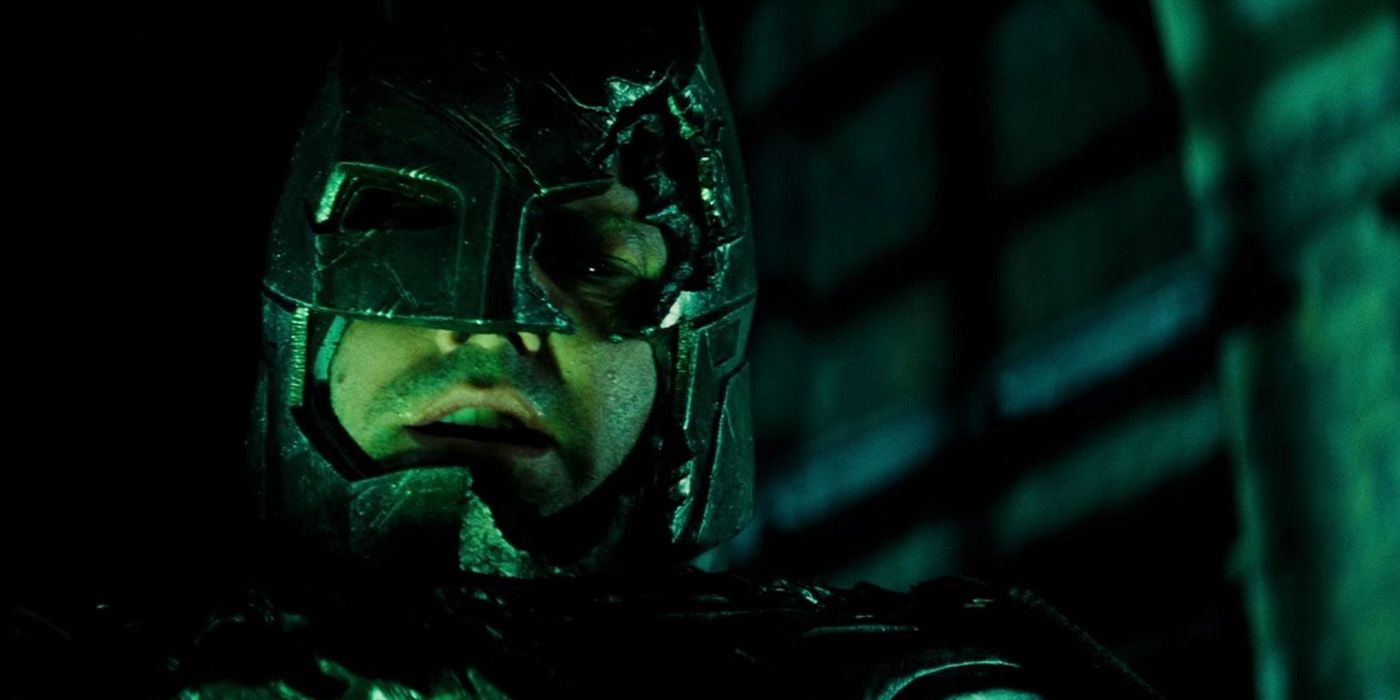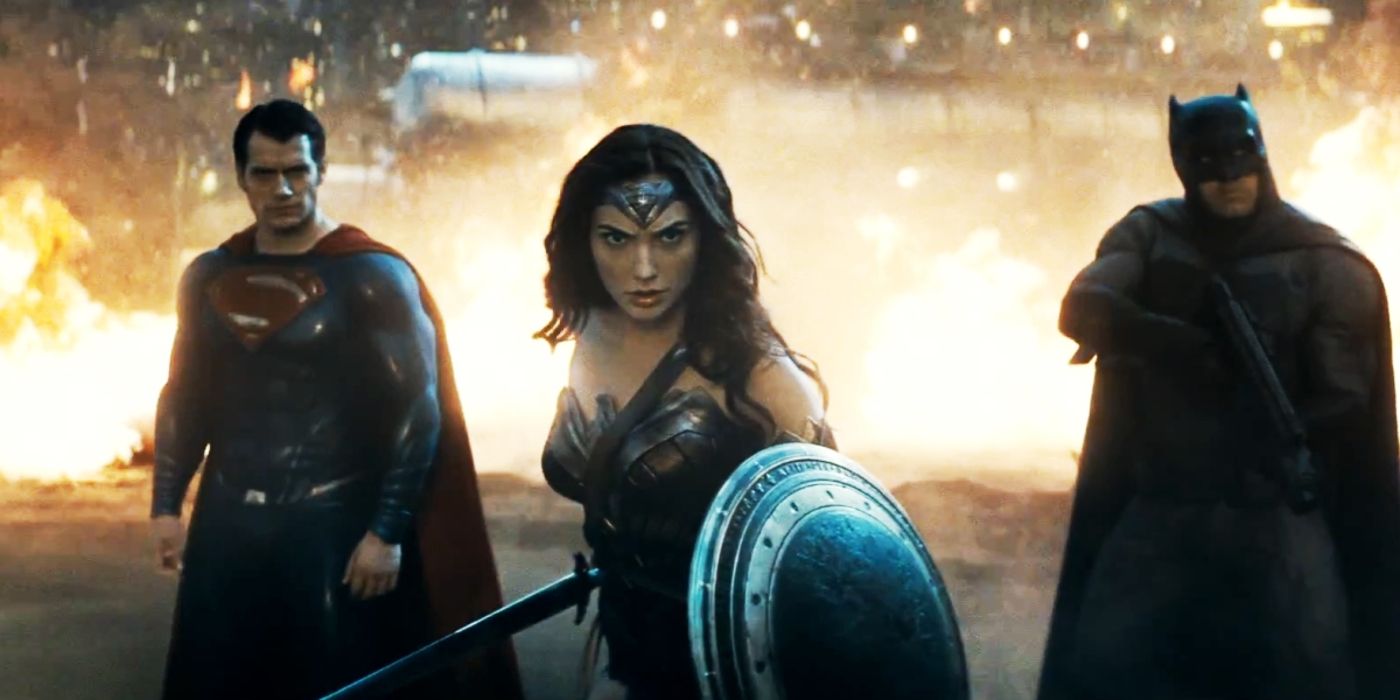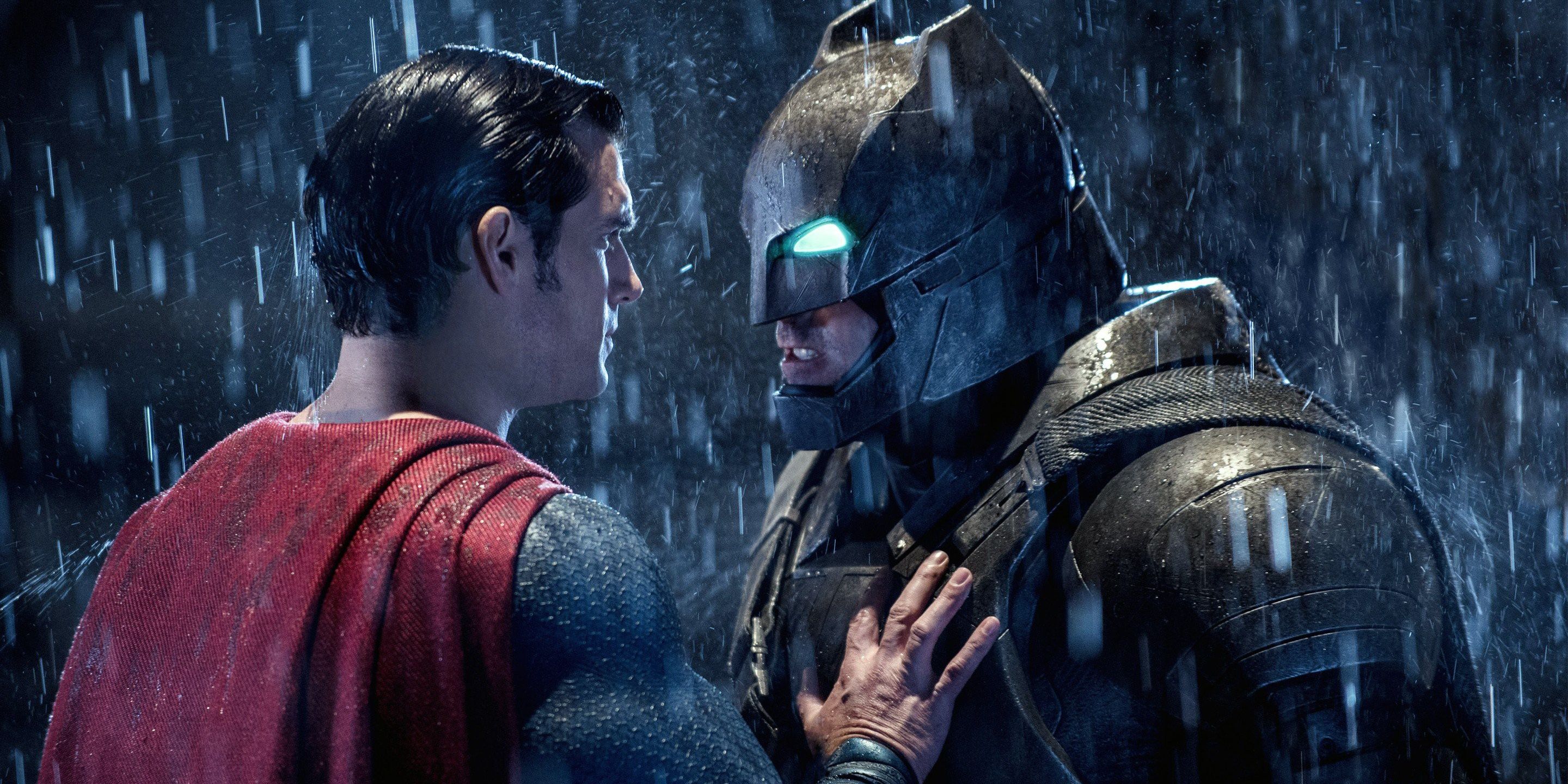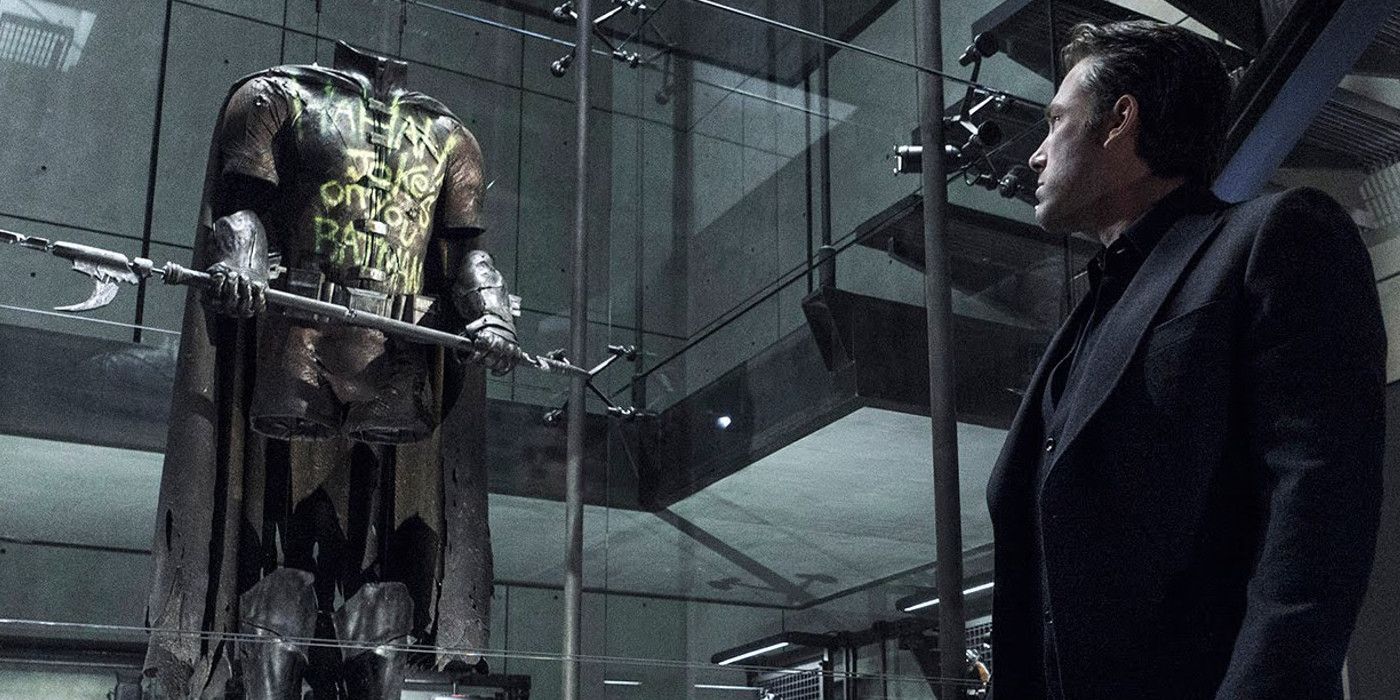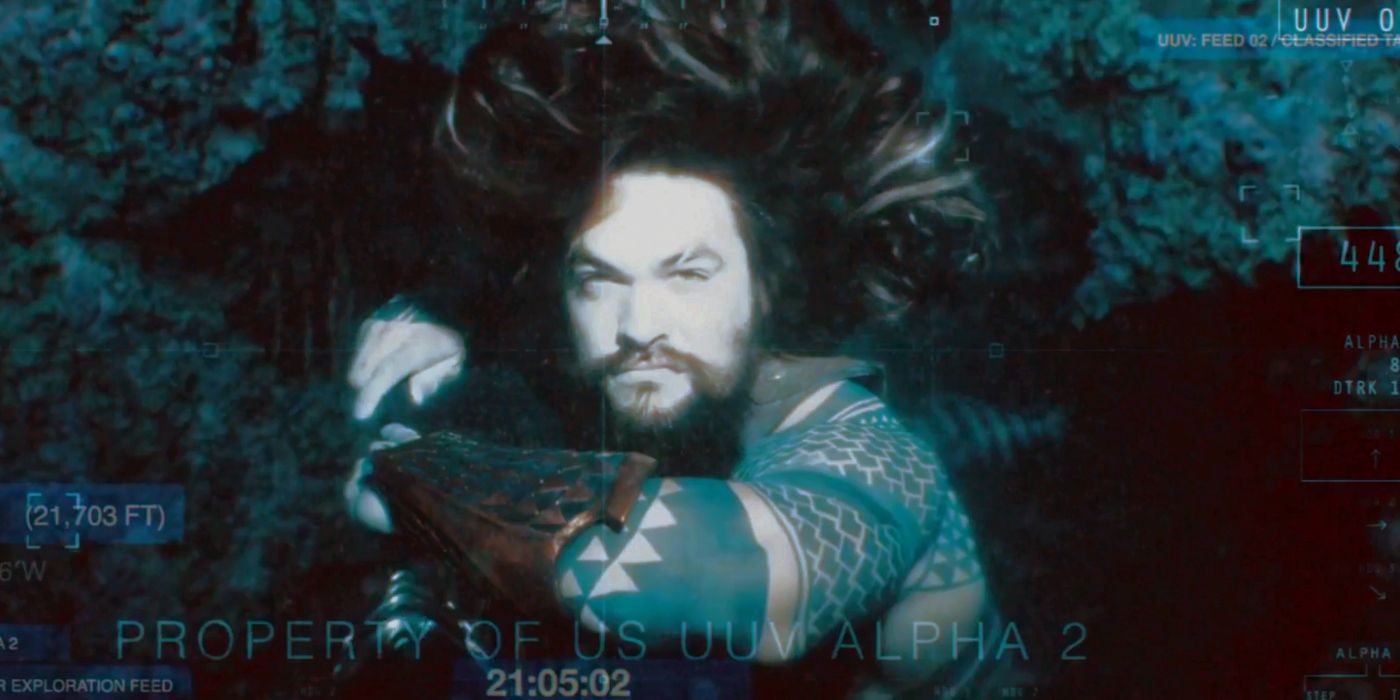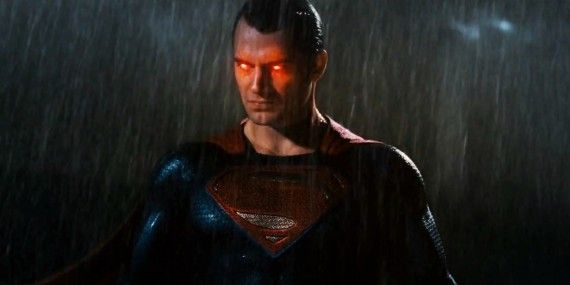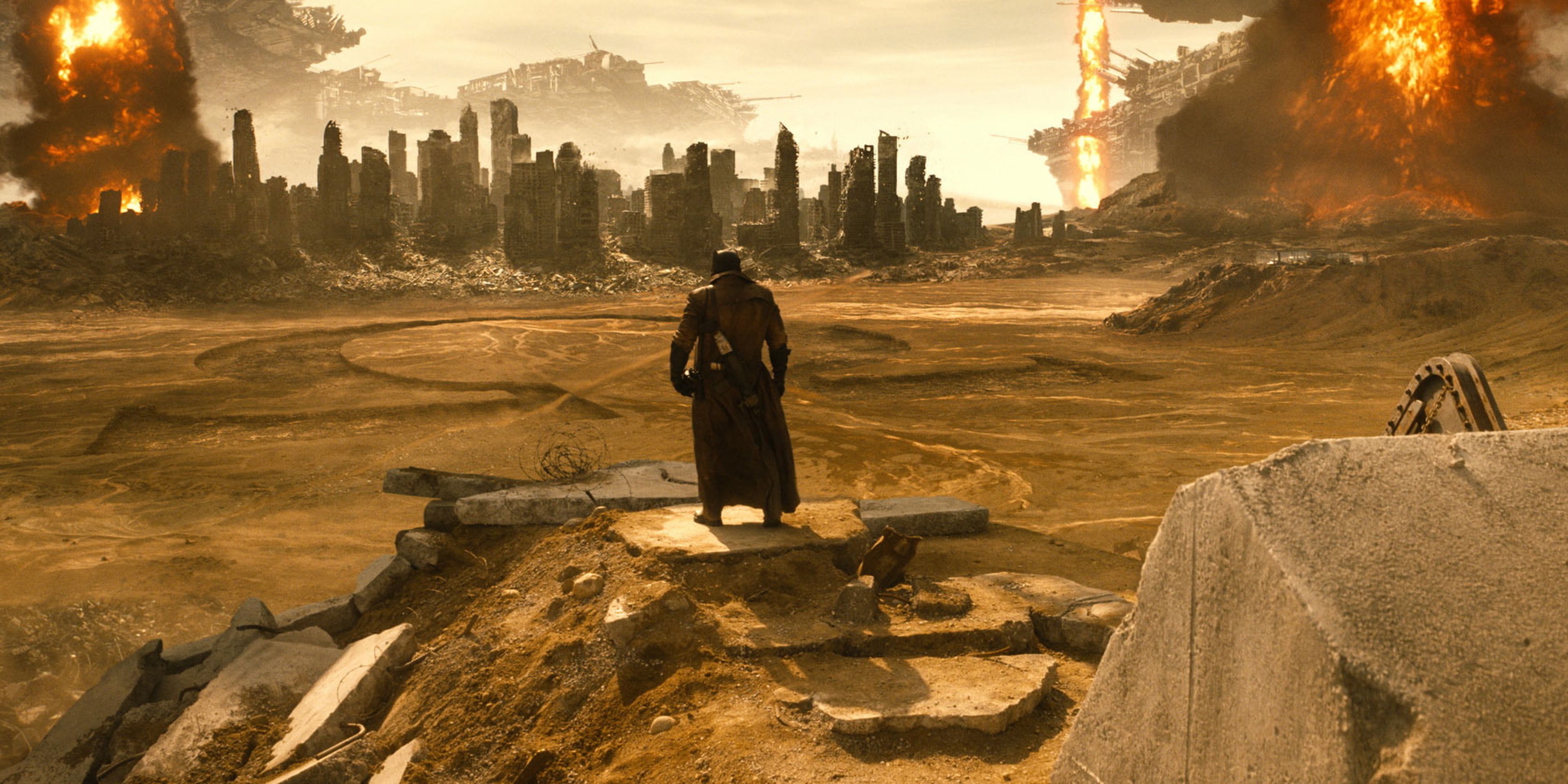2016’s Batman v Superman: Dawn of Justice is a movie that still causes debate amongst movie and comic book fans alike. It’s a rare blockbuster experience that inspires both devout adoration and vitriolic hatred in the people who see it and little else in between.
Its infamously low critical scores and impassioned defenders have made the discussion surrounding Batman v Superman one of the most interesting in the wider conversation about modern mainstream movies. Let’s look at the reasons why the movie isn’t as bad as its reputation states, as well as a few reasons why it rings true.
Isn’t: Ben Affleck as Batman
For all its divisiveness, Batman v Superman made a couple of mostly crowd-pleasing decisions. The biggest of which was the casting of Ben Affleck as Bruce Wayne/Batman.
Affleck not only looks and sounds the part(s) but his take on Batman in the movie is one of the most interesting and fully realized seen outside of the comics. Affleck and director Zack Snyder completely deliver on their vision of a Dark Knight Returns style of Batman, defining him by his weaknesses rather than his strengths and exploring the idea of how a hero can become a villain.
Isn’t: The Moral Message
Many people don’t like Batman v Superman because it is an undeniably political movie and it never attempts to hide it. The movie directly states “Every act on this Earth is a political act” and it sticks to that credo.
However, when people say that they ‘don’t like politics in movies’ what they often actually mean is that they don’t like a certain type of politics in movies. Batman v Superman is quite unequivocal with its politically-charged moral message against the process of dehumanization. Superman is depicted as the ultimate representation of Otherness and Batman’s bigotry is shown to be born out of a sense of impotence, inevitably causing him to become everything that he truly hates.
Is: The Theatrical Cut Is Very Clunky
Even the movie’s most hardcore supporters would likely never recommend the theatrical cut of the movie over the longer ‘Ultimate Edition’. While its best qualities are still present in the version that theater-going audiences saw, they’re nowhere near as fleshed out as they are in the full cut of the movie along with a number of other integral plot points.
For the sake of time, the theatrical cut of Batman v Superman is really more about Batman’s journey and it leaves key details from Superman’s arc twisting in the wind.
Isn’t: Larry Fong’s Cinematography
A frequent collaborator with Zack Snyder, director of photography Larry Fong not only brings a constantly playful visual flair to Batman v Superman but perfectly recreates styles and compositional techniques used by relevant comic book artists.
Shot on a combination of 16mm, 35mm and IMAX 70mm, Batman v Superman is incredibly atypical for a modern comic book movie in the sense that you could argue that you haven’t truly seen it until you’ve seen it projected on actual film.
Isn’t: Hans Zimmer and Junkie XL’s Score
Similar to the movie’s visual quality, its music is very unique for superhero movies. Hans Zimmer and Thomas Holkenborg (a.k.a. Junkie XL) create something fittingly uncharacteristic for the genre, a feat made all the more impressive by the fact that Zimmer had already redefined Batman’s musical themes over the course of the preceding decade with his work on Christopher Nolan’s Dark Knight trilogy.
The score for Batman v Superman is massively operatic, apocalyptically foreboding, and packed with as many details as the rest of the movie, incorporating instruments and styles that reflect the movie’s religious and political themes.
Isn’t: A Mountain of Details
Easter eggs, tidbits, hidden details, references, deep cuts, whatever you want to call them, Batman v Superman is full of them.
Dates and names almost always bear some kind of secondary significance in the movie but a frequently overlooked layer of extra thought is the story's use of foreshadowing. Superman’s ultimate fate at the hands of Doomsday is foreshadowed in the movie’s opening scene in the shadow of another significant Batman easter egg with posters for Rouben Mamoulian’s The Mark of Zorro (the version which the Waynes see in Frank Miller’s The Dark Knight Returns) and John Boorman’s Excalibur (Superman and King Arthur die in the same manner in each movie). Moments later, however, the visuals at the end of the movie (of a cannon firing at Superman’s funeral) are again foreshadowed by mirror images of the Waynes’ murderer’s gun firing and ejecting its shell casing onto the ground.
Isn’t: It Sets Up an Entire Universe
While it’s not uncommon at all for modern superhero movies to set up other events and movies within their fictional universes, Batman v Superman really works overtime to establish a foundation for the future.
While Man of Steel is technically the first movie of the DCEU, Batman v Superman introduces the vast majority of its main players so far. Aside from setting up the plot of Justice League and debuting Batman, Wonder Woman, The Flash, Aquaman, Cyborg, Silas Stone, and the main cast of the solo Wonder Woman movie onscreen, there are also clear allusions to villains the Joker, Steppenwolf and Darkseid.
Is: It’s Not Family Friendly
While Batman v Superman does conform to the expectations of a conventional modern superhero movie in some senses, it also clearly flies in the face of the genre’s norms in others. This can be delightful to its fans but even they would freely admit that it comes at the cost of accessibility to a wider audience.
Being generic obviously has downsides but its biggest upside is that it can enable a movie to be enjoyed by an entire family sharing the experience together, which is what so many families look to the genre for. Batman v Superman is a far more individualistic experience and its love-it-or-hate-it style conflicts with what most audience members want from a movie featuring such recognizable characters.
Isn’t: It’s Basically a $250 Million Horror Movie
If you are looking at Batman v Superman as an individual, niche, experience then it can deliver in a way that no other movie can, superhero or not.
The phenomena wouldn’t really reach its apex until the following year, but you can make a solid argument for Batman v Superman being one of a number of social horror movies made around that time. It's often shocking, disturbing, harsh, grotesque, nerve-wracking, and pessimistic. Again, these aren’t qualities that everybody likes in a movie but to see the extent of the massive blockbuster infrastructure that Snyder successfully applies to what looks and sounds like a horror movie feels like a landmark moment in genre filmmaking. Not too dissimilar from James Mangold’s incorporation of Neo-Western elements into Logan the following year.
Isn’t: Cultural Relevance
As touched on before, Batman v Superman’s use of political imagery is a subject within itself. Aside from his Otherness, Superman is also representative of social concerns over some form of an unaccountable and unregulated rogue superstate acting in its own interests. This would be echoed in the story of the movie's main rival/doppelgänger Captain America: Civil War. However, they end up being substantially different due to each movie’s mastermind.
Batman v Superman and Civil War often use identical political imagery, and both feature convoluted supervillain plans involving deception. But each ultimately paints very different pictures of the world that they were born out of. In Civil War, the evil plot to divide the American heroes is shown to be the work of a resentful Eastern European figure who uses covert espionage tactics. Batman v Superman has a similar character but they are revealed to be merely the employee of an obscenely wealthy, and psychologically unhinged, American demagogue, who uses political theater and mass media to spread misinformation and incite violence against an alien force that he feels challenges his notion of superiority.
Which one reflects the truer interpretation of political discourse in America in 2016 is obviously a subjective matter. But fans of Batman v Superman often derive a great amount of catharsis from the movie ending on a downbeat tone and–without being devoid of hope–acknowledging that things may get worse before they start getting better.

